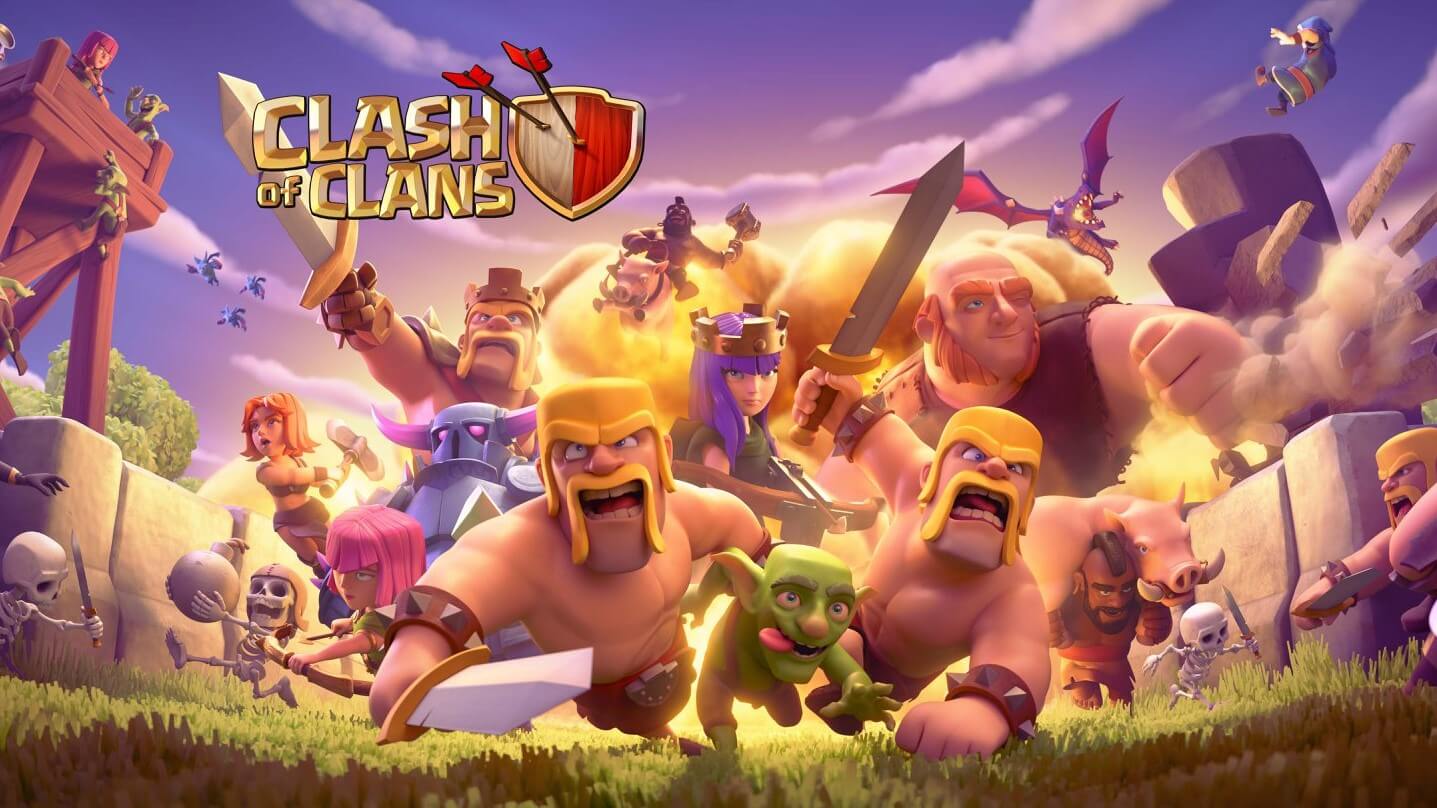Gaming is more than pushing some random buttons and watching how things go. According to CyberGhost’s blog piece, our gaming choices reflect our personalities, preferences, and life experiences. How we approach challenges in these immersive games or make decisions says a lot about us—who we are and what we tend to do in the face of difficulties and triumphs.
Understanding the various factors that affect our playstyle can help us understand why we approach games the way we do. Gaining this insight can also benefit game developers, as it will help them understand how to cater to our diverse preferences. So, if this interests you, keep reading this article as we will dive into the factors that affect our playstyle.
Personality Traits
Our personality traits affect our life choices and our choices in games. For example, personality traits like risk-taking, strategic planning, recklessness, extroversion, etc., all affect the choices we make in the game and the consequences that ensue.
In games like Counter-Strike 2, players who enjoy taking risks might be drawn to opening cs2 cases, seeking rare and valuable items that enhance their gameplay experience and showcase their bold personality.
More adventurous people might want to explore the vast open gaming world before they tackle their challenges. People who excel in strategy might get to their challenges right after careful planning and not wander around.
Past Experiences
Your gaming journey doesn’t start when you pick up the controller. It starts way before that. Playing with friends in childhood or overcoming challenges in other games— basically, seemingly inconsequential memories influence our playstyle as well.
For example, someone who has mastered classic platformers might gravitate toward modern games and prefer precision and timing. Similarly, people who taste casual mobile games might choose gaming apps like Clash of Clans and appreciate their play style’s ease of access and simplicity.
Emotional State
Games, like any other source of art and entertainment, can evoke a wide range of emotions. And not just that, the emotional state in which we play a game influences the moves we make as well. In times of stress and anxiety, players might pick familiar games that comfort them. On the other hand, when in an excited state, players might choose to play games in which they can make bold moves, take risks, or be borderline reckless.
Understanding the effect emotions have on players’ playstyle can help developers create games that resonate with people on a much deeper level.
Social Influence
Humans are social creatures by default. This default setting shows up in the way people approach gaming now. Gaming is not always a pastime you engage in when alone. Instead, it is enjoyed the best in a multiplayer setting. Player interactions, online gaming communities like Reddit, and streaming platforms influence our playstyle.
One might adopt a gaming strategy that they saw someone else use, or they may conform to the norms of a gaming community, etc. Furthermore, teamwork and cooperation are essential for multiplayer games, and our social dynamic dictates how we approach these things, affecting our playstyle.
Conclusion
Now that you’ve reached the end of this article, you can see that the choices that we make in games are anything but random. They are deeply personal and reflect an intricate interplay between personality traits, past experiences, emotional states, and social influence. Every move we make in the game, from approaching challenges to employing strategies to deal with them, manifests who we are as individuals.
The understanding of these factors is beneficial for players and developers alike. Being mindful of playstyle leads to the creation of a more immersive and enjoyable experience for all.
Markus lives in San Francisco, California and is the video game and audio expert on Good e-Reader! He has a huge interest in new e-readers and tablets, and gaming.

